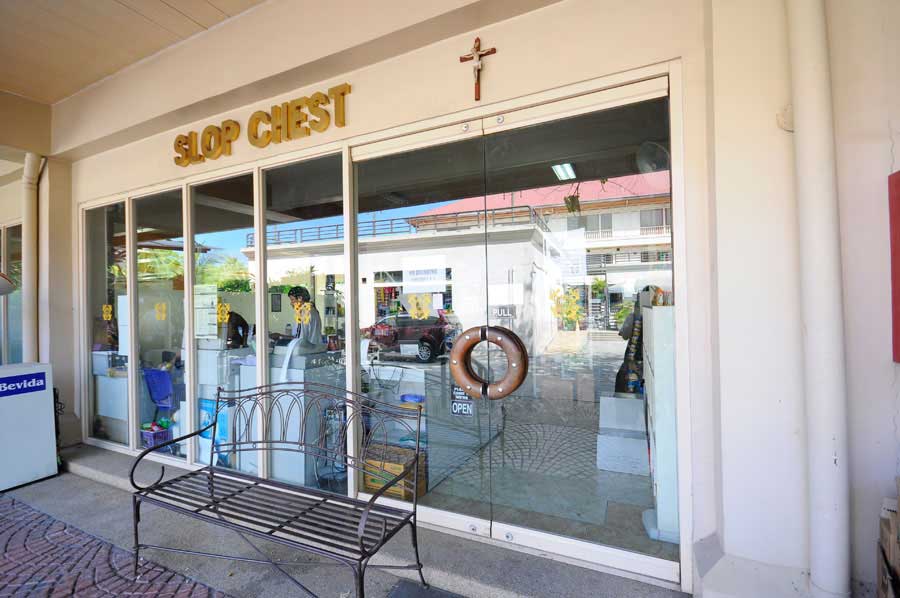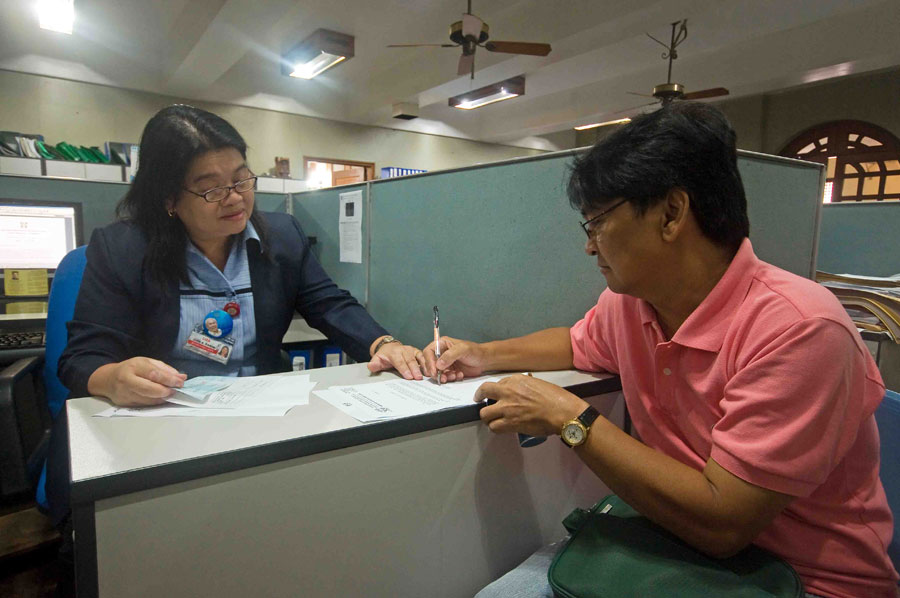
by: Camille Simbulan
“Malaking tulong po sa pamilya, at saka sa amin… Maraming salamat po sa ginagawa ninyo para sa mga seafarer. (It’s a big help for our families, and for us. Thank you for all that you do for seafarers.)” – a heartfelt message from a Filipino seafarer upon hearing the news about the positive outcome of the International Bargaining Forum (IBF) in Singapore last month, which concluded with a 5% wage increase for seafarers.
The pay raise will be rolled out in two phases: a 3.5% increase starting January 1, 2026, followed by an additional 1.5% on January 1, 2027. Death and disability benefits under the current IBF Framework will also be raised in line with the wage hike.
The IBF, a global framework that generates the world’s largest Collective Bargaining Agreement (CBA), facilitated the negotiation. The agreement impacts over 400,000 seafarers onboard 11,000 ships, involving nearly 500 maritime employers alongside the International Transport Workers’ Federation (ITF) and its global network of maritime unions, including the Associated Marine Officers’ and Seamen’s Union of the Philippines (AMOSUP-PTGWO-ITF).
President of the International Transport Workers’ Federation (ITF) and Dockers’ Section Chair, Paddy Crumlin, stressed, “it’s imperative that seafarers facing increases to their cost of living don’t face real terms pay cuts.” Crumlin also recognized the difficult circumstances seafarers have faced in recent years, from the COVID-19 pandemic, to ongoing geopolitical tensions and economic challenges globally. “Seafarers have persevered and endured, and they deserve every cent of the pay rise that’s rightly coming their way,” he added.
AMOSUP President and ITF Seafarers’ Section 1st Vice Chair, Dr. Conrado Oca, who served as ITF’s Spokesperson at the IBF, noted that while negotiations were challenging, the final agreement represents a balanced and fair outcome. “I’m happy to say that this is an outcome that is good and fair for seafarers, who need a pay rise that reflects the changes we’ve seen in their cost of living. Alongside this, it’s vitally important that we keep the profession as attractive as possible to seafarers and potential new recruits as we face an ongoing recruitment and retention crisis,” he concluded.
Representing the Joint Negotiating Group of maritime employers (JNG), IMEC Chairman Captain Belal Ahmed, acknowledged the challenges faced by the global maritime industry and the world trade as a whole, but he reiterated that the core principles of the IBF intend to ensure that “we protect and foster a sustainable shipping industry. The agreement we reached puts us in good stead whilst at the same time awarding a fair pay increase to seafarers that play such a crucial role and keeps their remuneration package attractive.”
Toshihito Inoue, Chairman of IMMAJ, also recognized the tough negotiations due to the rising costs affecting both seafarers and the employers, but he expressed his satisfaction with the outcome of the talks, “I thought The ITF and the JNG discussed in good faith and tried to explore every avenue to reach an agreement that would be accepted by both sides. I am happy we finally clinched the deal.” The successful IBF negotiations came a month after the landmark bipartite agreement between the seafarers’ and shipowners’ groups at the International Labor Organization (ILO) Subcommittee on Wages of Seafarers of the Joint Maritime Commission (JMC), to update the current ILO global minimum monthly basic wage for an able seafarer from US$673 to US$690 by 1 January 2026, US$704 by 1 January 2027 and US$715 by 1 January 2028.







